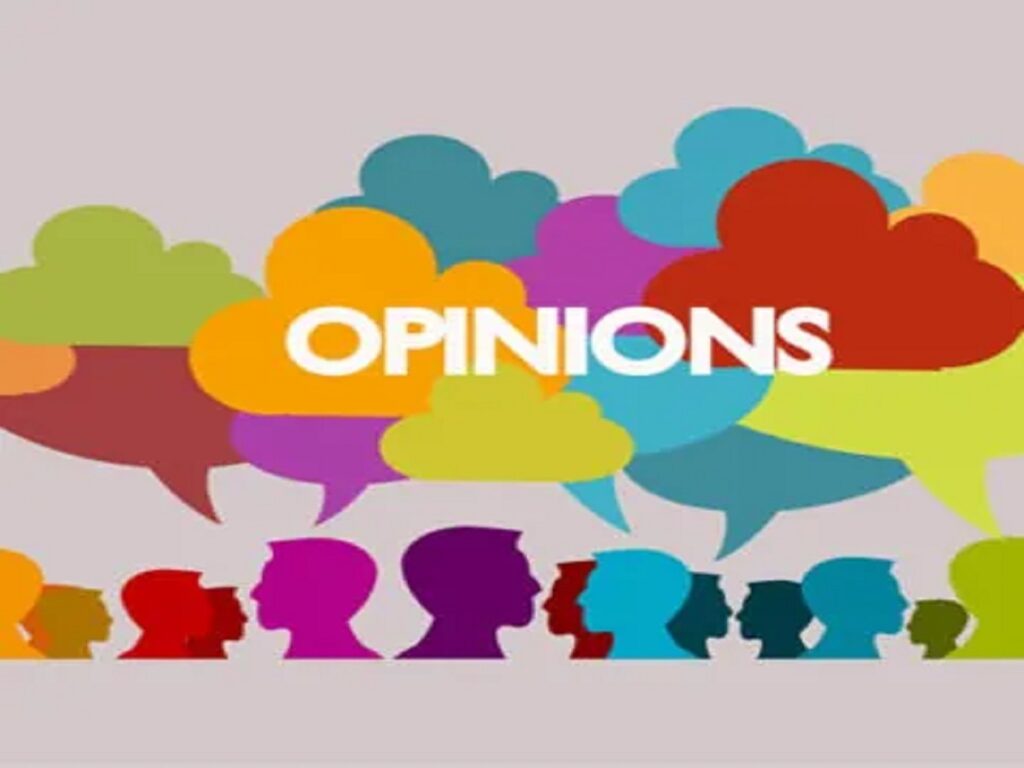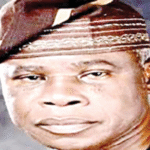By: Eniola Shobiye
The increasing advent of technology is slowly, but evidently taking over major sectors in the world today, but not so much in Nigeria. Education is the backbone of any country, especially if it is one that hopes for the better future of its youths and the growth of the country at large.
Despite the known fact that education is key to national development, Nigeria’s education sector seems to be buckling under pressure ranging from a limited access to quality learning resources, poor school infrastructure, and overcrowded classrooms, among others.
It doesn’t end there as many educators lack the digital literacy to properly use these tools. Proper strategies, digital literacy training and a focus on providing proper infrastructure in schools are the barriers that need to be tackled to surmount this challenge. Addressing these issues first would pave way for AI integration in schools.
Though, Artificial Intelligence, known as AI is more than technical jargon, it just might be what Nigeria needs to level the playing field, especially since it looks like we are being left behind with all the innovation technology has brought along. With its personalised features, teachers can tailor lesson plans based on each student’s weaknesses which would positively affect learning outcomes. Imagine a school in Kano, where students learn English through AI-powered applications and resources. It would give better opportunities for the teacher to have more time to give them more personal attention.
However, to fully realise these benefits, there are certain underlying issues that AI can easily tackle, especially those in rural areas, where there is lack of electricity, proper ICT tools, and internet connectivity.
A United States based publication, EdTech, noted that there is an increasing strain in the ability of teachers to carry out their occupational demands with planning lessons, meeting parents and guardians, and other administrative responsibilities.
ALSO READ NIGERIAN TRIBUNE: Ogbomoso joins Ibadan, rejects Alaafin as permanent chair of Obas council
However, according to Carnegie Learning, teachers who have embraced AI have seen notable changes in students’ outcome and their work flow. In their research, 42 per cent found out that using AI reduced time spent on administrative duties, 25 per cent noted that AI was particularly useful in assisting with personalised learning, and 18 percent of them reported an increase in students’ engagement. Only one percent could report no change at all with the use of AI in the classroom.
Notably, the United Nations Educational, Scientific and Cultural Organisation (UNESCO), highlighted the potential of AI to address challenges in education, and its ability to innovate teaching and learning, as long as it is deployed safely and ethically. This connotes that every good innovation has a negative downside, and Artificial intelligence is not without.
According to UNESCO, well thought out strategies to maximise the use of AI in classrooms is what our education sector needs. I believe that as a nation we need to set policies that are channelled towards AI integration into the education system, and more importantly, all hands should be on deck to facilitate its process.
Teachers as well as students have a role to play in ensuring that it is not misused and rendered a vice. If we do not integrate AI soon enough, the learning gap between Nigeria and other nations will continue to widen, as it is already the case for most sectors of the country. This gap would not only widen, but it would go on to affect our youths who will be left behind in the global workforce.
Though, schools are known to be institutions of socialisation, where teachers play a major role in shaping the minds and outlook of the students in the classroom, I don’t see AI as a replacement for teachers and evidently cannot take the job of educators. Additionally, the World Economic Forum noted that while AI can enhance the learning processes, it cannot replicate the human element that is needed by every student – that which is provided by teachers.
Therefore, AI is not a threat to teachers; rather it is a partner that benefits not just the teachers, but the students as well. It is important that policy makers move to develop and implement policies that integrate AI into the education system in Nigeria. The earlier we embrace this innovation, the better it will be for the future of every child.
Shobiye, a student, writes from the University of Ilorin


